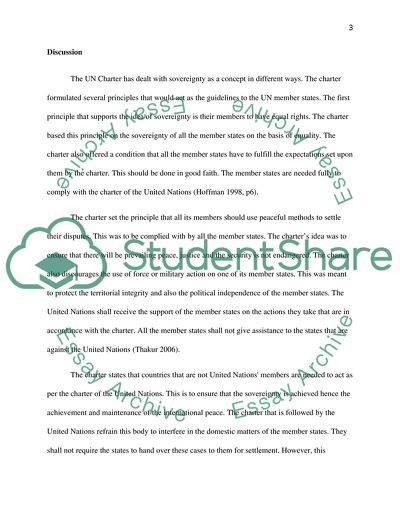Cite this document
(“The Doctrine of National Sovereignty Term Paper”, n.d.)
The Doctrine of National Sovereignty Term Paper. Retrieved from https://studentshare.org/politics/1816166-political-sciencesovereignty
The Doctrine of National Sovereignty Term Paper. Retrieved from https://studentshare.org/politics/1816166-political-sciencesovereignty
(The Doctrine of National Sovereignty Term Paper)
The Doctrine of National Sovereignty Term Paper. https://studentshare.org/politics/1816166-political-sciencesovereignty.
The Doctrine of National Sovereignty Term Paper. https://studentshare.org/politics/1816166-political-sciencesovereignty.
“The Doctrine of National Sovereignty Term Paper”, n.d. https://studentshare.org/politics/1816166-political-sciencesovereignty.


